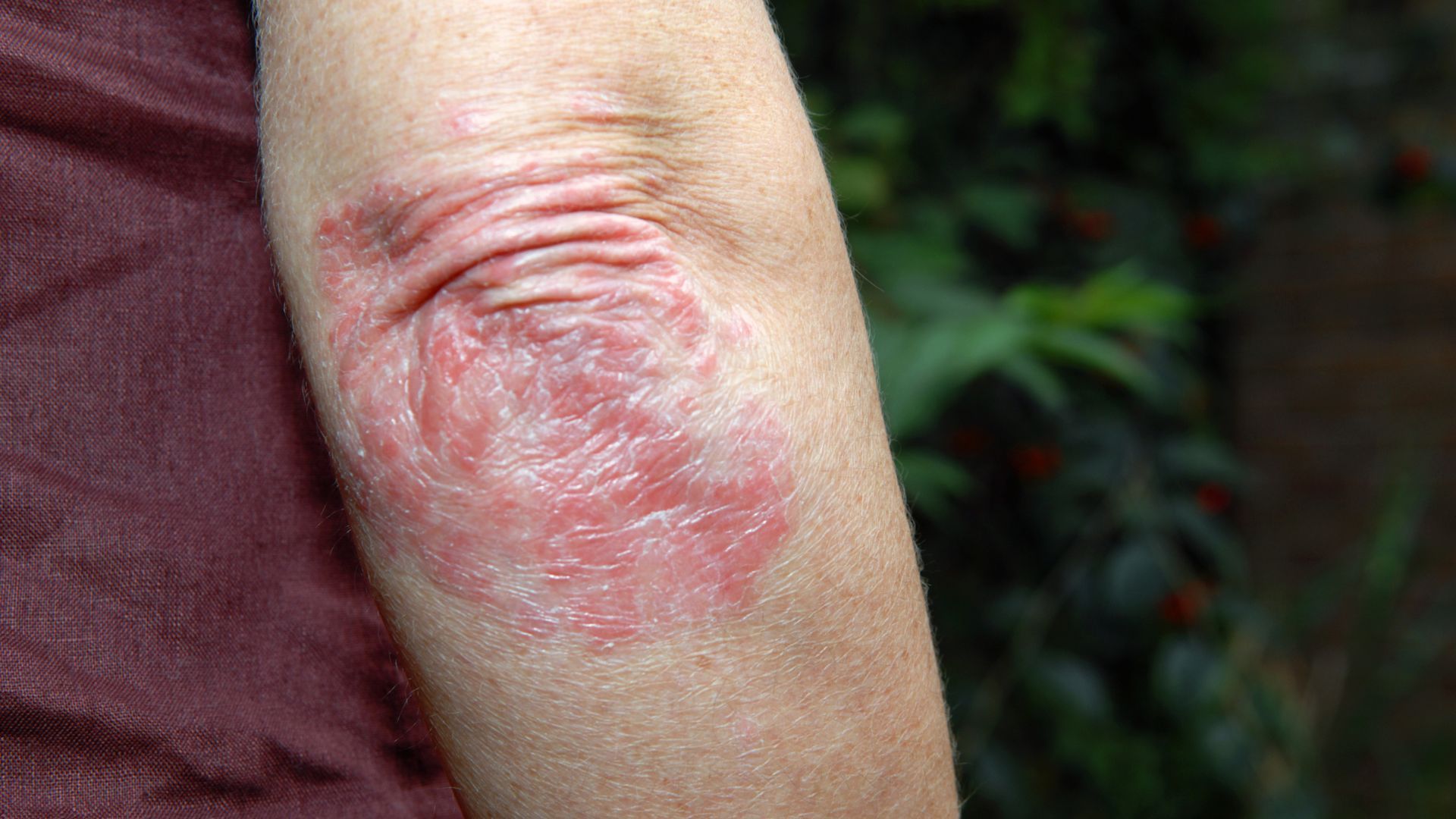Imagine a world where one single treatment could "reset" your immune system, helping you reach long-term remission—without daily medications. That’s exactly what researchers are exploring through CAR-T cell therapy and other forms of cell therapy, and the science is advancing fast. At EULAR 2025, I attended a full session dedicated to this exciting frontier in autoimmune and autoinflammatory disease care.
Could CAR-T Cell Therapy Reset the Immune System? (EULAR 2025)
What Is CAR-T Cell Therapy?
CAR-T stands for Chimeric Antigen Receptor T-cell therapy. It was first developed for cancer, where it showed remarkable success. Now, scientists are bringing it into the autoimmune world. Here's how it works:
- Step 1: Remove immune cells (T cells) from your blood.
- Step 2: Genetically engineer those cells in a lab to attack malfunctioning immune cells (like B cells).
- Step 3: Use a chemotherapy drug to clear out existing B cells in your body (this temporarily weakens the immune system).
- Step 4: Re-infuse your engineered T cells back into your body in a single treatment.
- Step 5: Monitor recovery in the hospital (usually 2 weeks), and wait for your immune system to rebuild in a more balanced, less self-attacking way.
This approach is often referred to as “resetting the immune system.”
Why It Matters for Autoimmune Patients
Autoimmune diseases like lupus and systemic sclerosis (scleroderma) cause the immune system to mistakenly attack healthy tissues. Traditional treatments often involve ongoing immune suppression. But CAR-T therapy offers a whole new approach: retraining your immune system to behave properly again.
So far, most autoimmune trials have focused on:
- Lupus
- Systemic sclerosis/Scleroderma
- Myositis (closely related but not under AiArthritis)
What’s New This Year?
Since last year’s updates at ACR, the research has exploded. Here’s what’s new:
1. “Off-the-Shelf” Cell Therapies Are Coming
Normally, CAR-T therapy requires creating cells from your own body—a lengthy and expensive process. Now, researchers are developing allogeneic (donor-based) or “off-the-shelf” CAR-T cells:
- Made from healthy donor cells
- Can be stored and used as needed
- Less waiting time
- Potentially more affordable and scalable
2. Drug-Free Remission Is Becoming Real
One patient with lupus has remained in drug-free remission for 4 years after a single CAR-T treatment. Another cancer patient was featured who has been in remission for 10+ years. While not yet considered a "cure," long-term remission is a huge breakthrough.
3. Safety Is Improving
While the process is intensive, most side effects are short-term and manageable:
- Temporary use of steroids
- Cytokine release syndrome (a type of immune reaction), usually mild
- Local rashes or inflammation
- Immune system recovery (especially B cells) happens quickly
Limitations You Should Know
- Still Experimental: These therapies are currently only available through clinical trials.
- Complex Process: Requires hospital stay, immune suppression, and careful monitoring.
- Not a Cure: While remission is possible, it’s not guaranteed—and more data is needed.
- Not Yet Widely Available: We're likely still a few years away from widespread access, though it’s progressing fast.
Discover More Of Our Resources
What Could This Mean for You?
Even if you’re not in one of the first clinical trial groups, this research gives us hope for the future. Here’s how it might impact your disease journey:
- A single treatment instead of lifelong medications
- More precise, personalized care
- Fewer side effects from long-term immune suppression
- Potential application to other AiArthritis diseases in the future
One exciting note: the team also mentioned ITP (immune thrombocytopenia) as a future target. I personally had ITP as a child, and it was a precursor to my lupus. It’s incredible to think that CAR-T might one day help people before full autoimmune disease develops.
Looking Ahead
We’re watching closely as this therapy expands beyond lupus and systemic sclerosis. The hope is that it can be adapted for more AiArthritis diseases—possibly within the next 5–10 years.
Thanks to Bristol Myers Squibb for sponsoring our “Go With Us” program so we can keep bringing you these updates. We’re proud to help you stay informed and empowered every step of your journey.
Go With Us Video Debrief
Debrief Video by: Leila P.L. Valete, Health Education Manager at AiArthritis







